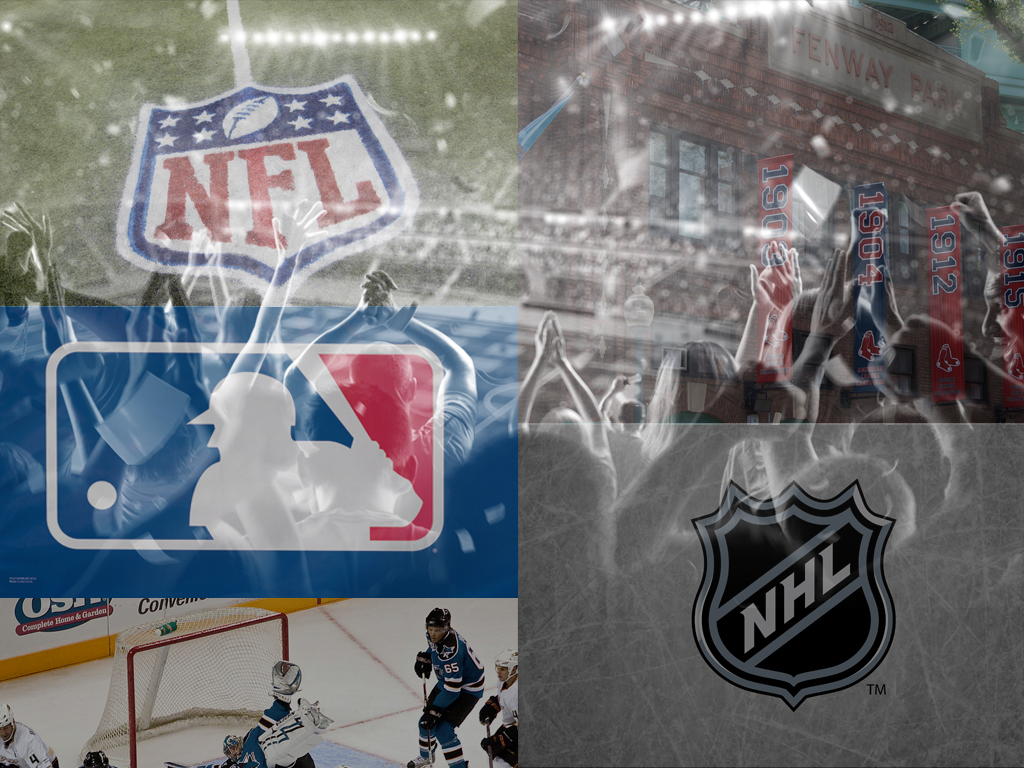2016 presidential candidate Donald Trump is on the verge of what could be the ultimate viral marketing coup: From humble beginnings as a real estate tycoon, Miss Universe pageant overlord, deodorant peddler and board game inspiration to leader of the free world. Here’s how the circus side show act of political candidates, which the Huffington Post said it would only discuss in its entertainment section, turned his political brand into a force that just might change the face of the Republican party – and the U.S.
Disrupt The Competition
‘You have to think anyway, so why not think big?’ While it’s hard to call a man with a net worth of $4.5 billion an underdog, in politics at least, Trump is arguably a disruptor, who, in his own way, has redefined the election experience, not unlike many successful young brands in their own industries. To wit: With countless controversies to date – including but certainly not limited to Fox News Channel anchor and GOP debate moderator Megyn Kelly and New York Times reporter Serge Kovaleski, he’s conjured a scrappy persona in part because he’s not afraid to mince words or back down from a fight – even with the Pope himself. In addition, he’s been able to pitch himself to the American public as an outsider with fresh ideas – and not simply another dynastic Bush or run-of-the-mill Republican. “Trump’s brand is heavily built on irreverence for the current political system,” said Cody Simmonds, strategist at creative agency Struck. “The appeal of Trump lies in his lack of adherence to political authority.” Michael Heiligenstein, manager of content marketing for small business resource provider Fit Small Business, agrees Trump’s politics rely on outrage. “When he says something outrageous or attacks another politician, he motivates people who are fed up with politics to support him even more,” Heiligenstein added. “He’s surprised everyone by making it this far. He’s still a usurper and he knows how to act like it.”
Create A Message That Resonates
‘I think the only difference between me and the other candidates is that I’m more honest and my women are more beautiful’ What’s more, Trump has a clear message for his rabid fans and he’s not afraid to alienate those who don’t agree with him – so much so that he has inspired a #NeverTrump hashtag among his Republican rivals and detractors as talk swirls about a potential Republican party splinter should Trump get the nomination.
#NeverTrump. Agree?
Add your name here: https://t.co/NmPHhsu5Ik — Marco Rubio (@marcorubio) February 27, 2016
If nothing else: Trump has remained consistently on brand for his audience – and he knows precisely who he is targeting. “Marketers often talk about defining their target market, but we’re much less inclined to clearly define what is not our market,” Amber Newman, vice president of marketing for real estate software provider AMTdirect, wrote in a blog post. She used the example of Trump’s “great, great wall” between the U.S. and Mexico, which he announced along with his intent to run. Rather than “secure the border,” which is a broad statement with wider appeal, “build a wall” is much more divisive. “I think it shows he understood what his market wanted and wasn’t afraid to make it clear that his product is for them and only them,” Newman wrote. “It’s a leap that many marketers won’t make.” Indeed, online marketer Chris Boulanger agrees savvy brands – Trump included – speak to their bases and don’t worry about resonating with everyone. In the consumer realm, he points to Taco Bell, which creates content and products “very much geared toward young people looking for a quick meal and possibly under the influence,” as well as Old Spice, which, he says, has “been killing it for a couple of years now with [its] very strange ads,” including a recent batch with Terry Crews, which “seem to have been created specifically to appeal to guys that love video games, MMA, and read Maxim.” Look no further than journalist Matt Taibbi’s Rolling Stone piece, which likens Trump supporters to those who indulge in autoerotic asphyxiation, for proof the Trump brand does not inspire lukewarm sentiment. Simmonds agrees Americans are drawn to his blunt messages and speaking style and points to comparable entities like retail clothing brand Diesel and beer brand Newcastle, which he says have also “created highly impactful campaigns that focus on counterculture, “fuck the man”- [type messages].” That includes Diesel’s Be Stupid campaign, which he says heavily revolved around a lack of respect of societal norms and authority. “By challenging the status quo, Diesel’s campaign drove home a message of empowerment for individuals to be who they truly are, regardless of what other people may think,” Simmonds said. And then there’s Newcastle’s 2014 Super Bowl spoof with Anna Kendrick. “The campaign was a viral success and drove home a highly irreverent, snarky message that focused on the NFL’s approach to advertising and trademarking,” Simmonds said. “In 2015, Newcastle continued its tongue-and-cheek approach to the game with Aubrey Plaza’s Call for Brands asking small brands to band together and buy a shared [30-second] TV spot during the game. The unique campaign went viral for its focus on the insane cost of advertising during the Super Bowl.”
Push The Right Emotional Buttons
‘Sorry losers and haters, but my IQ is one of the highest’ Trump appears most comfortable with these extremes. His great wall speech also likened Mexicans to criminals and rapists – and radical characterizations and colorful language have since become hallmarks of his political persona. Indeed, as Taibbi put it, “In a Trump presidency, there will be free tar and feathers provided at the executive’s every public address.” In other words, Trump almost masterfully taps into emotion, rallying his fans around anger and trepidation. “Fear is an emotion that people rarely ignore. Studies have shown that people are more likely to act out of fear of losing something they already have than to gain something new,” Newman said. “That’s why blog posts with negative titles like, ‘Don’t make these 10 huge mistakes,’ do much better than posts with positive titles like, ‘10 great new ideas.’” Trump’s abrasive style has had the added bonus of flummoxing his competitors who struggle to respond as he surges ahead in what could be something of a self-fulfilling prophecy.
Be More Authentic
‘Part of the beauty of me is that I’m very rich’ Even though the punch line to the joke, “What’s the difference between a UFO and an honest politician?” is, “A UFO might actually exist,” there is a certain amount of perceived honesty in the man among Trump’s supporters. This results in part from his unique, unwavering persona, which has evolved from real estate mogul to author to reality TV star to Republican frontrunner. In fact, an entire paragraph on veterans in his official bio is surely meant to beef up his street cred as the latter and extend the Trump brand story even further. In other words, where candidates like Marco Rubio have been criticized for sounding too rehearsed, Trump has connected with voters because he says what’s on his mind. Voters, in turn, see Trump as honest and authentic. That’s according to Heiligenstein, who says the same is true for any brand: Don’t rely on tropes, but rather authenticity and content of substance to connect with fans.


